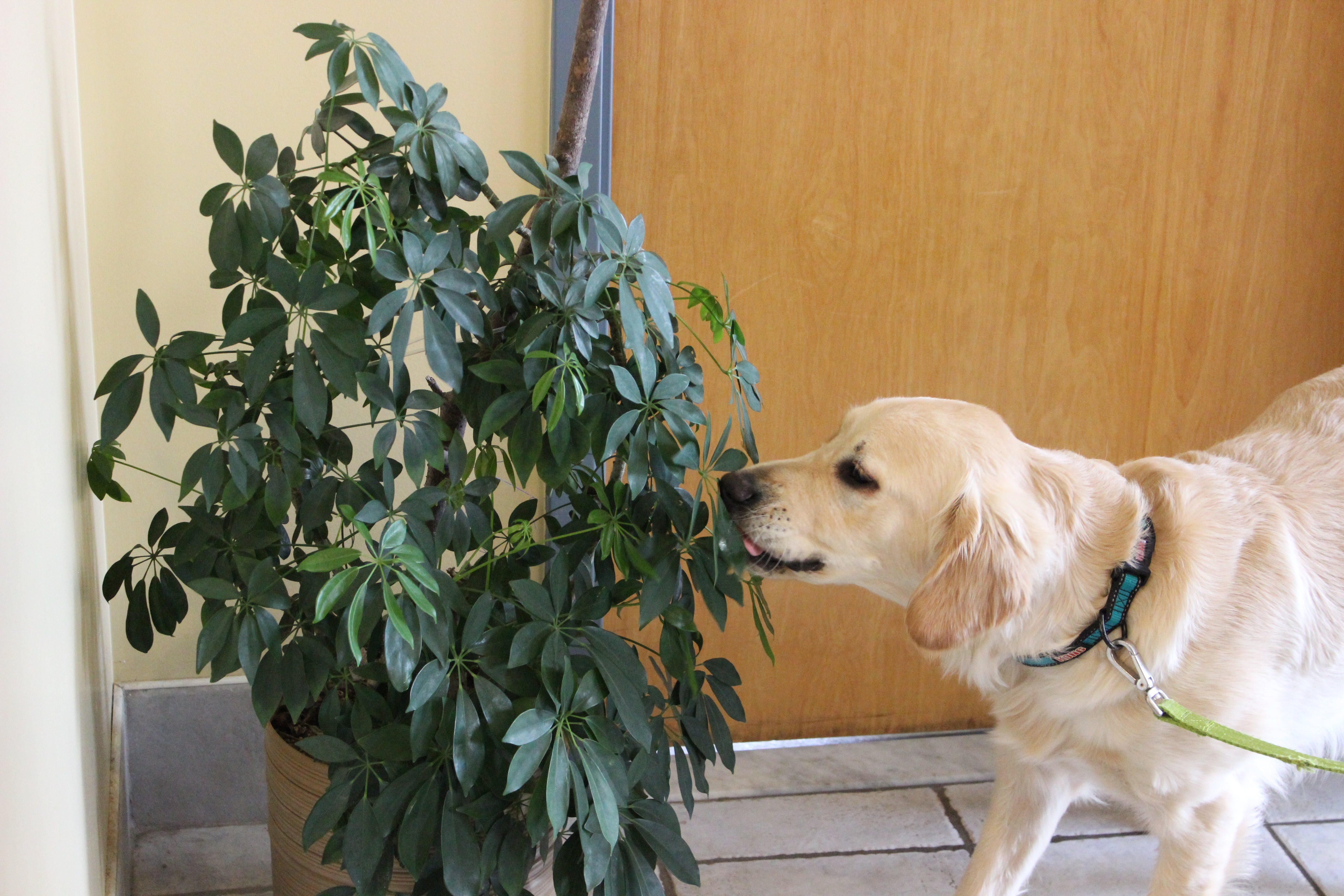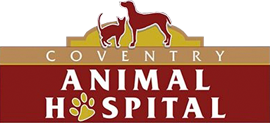March is National pet poison prevention month
3/3/15 - Seasonal Advice
 Did you know that some of the most dangerous and threatening things to your pet can be found right inside your home? Do you know what to do if your pet should ingest something toxic? Are you familiar with pet poison control? Do you have their phone number on hand if needed? Do you know how to identify possible harmful things around your home? Have you ever “pet proofed” your home? We are going to share some things you should be aware of and simple tips to keep your pets safe.
Did you know that some of the most dangerous and threatening things to your pet can be found right inside your home? Do you know what to do if your pet should ingest something toxic? Are you familiar with pet poison control? Do you have their phone number on hand if needed? Do you know how to identify possible harmful things around your home? Have you ever “pet proofed” your home? We are going to share some things you should be aware of and simple tips to keep your pets safe.Household plants are very common and can be very appealing to dogs and cats. We encourage every home owner with pets to research a particular plant before bringing it into the house. Many typical house plants are very toxic to dogs and cats. Even if you receive an arrangement as a gift be sure to keep it in a place where your dogs can’t reach it and your cats can’t get to it. For example, Lilies are especially poisonous to cats. Just one or two petals can be fatal. The truth is cats love plants. They sniff, rub and nibble them. Dogs are also curious and will snack on plants. We encourage you to research any plant or flower before bringing it home to ensure the safety of your four-legged friends. Please follow this link for a list of the most common poisonous plants to pets. http://www.care2.com/greenliving/24-common-plants-poisonous-to-pets.html/2.
Are things out of reach? While most pet owners know many things are not safe for their pets to ingest, sometimes accidents happen. The best way to decrease this probability is to pet proof your home. Keeping things out of reach for dogs and cats can be much more of a challenge then say for a baby. Dogs and cats can jump on counters and can surprise us in their creativity in order to get into things. We have heard stories of dogs and cats that can open cabinets, doors, or the fridge. They are smart, clever and have time on their hands. The first thing is to make sure you are familiar with where the dangers are and how to get those items out of reach or locked away. Something as common as coming home and putting your purse on the table can be a habit you may want to change. If your dog or cat gets into your purse and ingests nicotine products, gum, or over the counter pain medication you’re going to have a very sick pet that will need veterinarian care right away. Keep things like cleaning supplies, batteries, medications up high or in a secure cabinet. There are many common foods we enjoy that can be toxic to your pets as well. Follow this link for a list of foods you should not give to your pets. https://www.aspca.org/pet-care/animal-poison-control/people-foods-avoid-feeding-your-pets. Another very helpful thing is having a trash can with a pet proof lid.
So what do I do if my dog or cat does ingest something? Most pet owner’s first instinct is to call their primary veterinarian. This is not necessarily the wrong thing to do. Depending on the situation and what the pet ingested, your veterinarian will most likely direct you to contact pet poison control. Pet poison control has specialists on staff and readily available information on all kinds of toxic items and how to best treat them. When toxic ingestion occurs time is important. Poison control will be able to tell you what needs to be done and what to expect. They also contact your veterinarian and explain what kind of treatment is best depending on what was consumed. We encourage you to keep animal poison control’s phone number in case it is needed. They do charge a fee, however, in a state of emergent ingestion they are the experts and need to be contacted. Pet Poison Control hotline 1-855-764-7661.
For more helpful information in identifying things around your home that may be hazardous to your pet please visit this link. http://www.petpoisonhelpline.com/2012/03/remember-pets-during-poison-prevention-week-march-18-24/.
Theresa N. Klales
1-20-15



